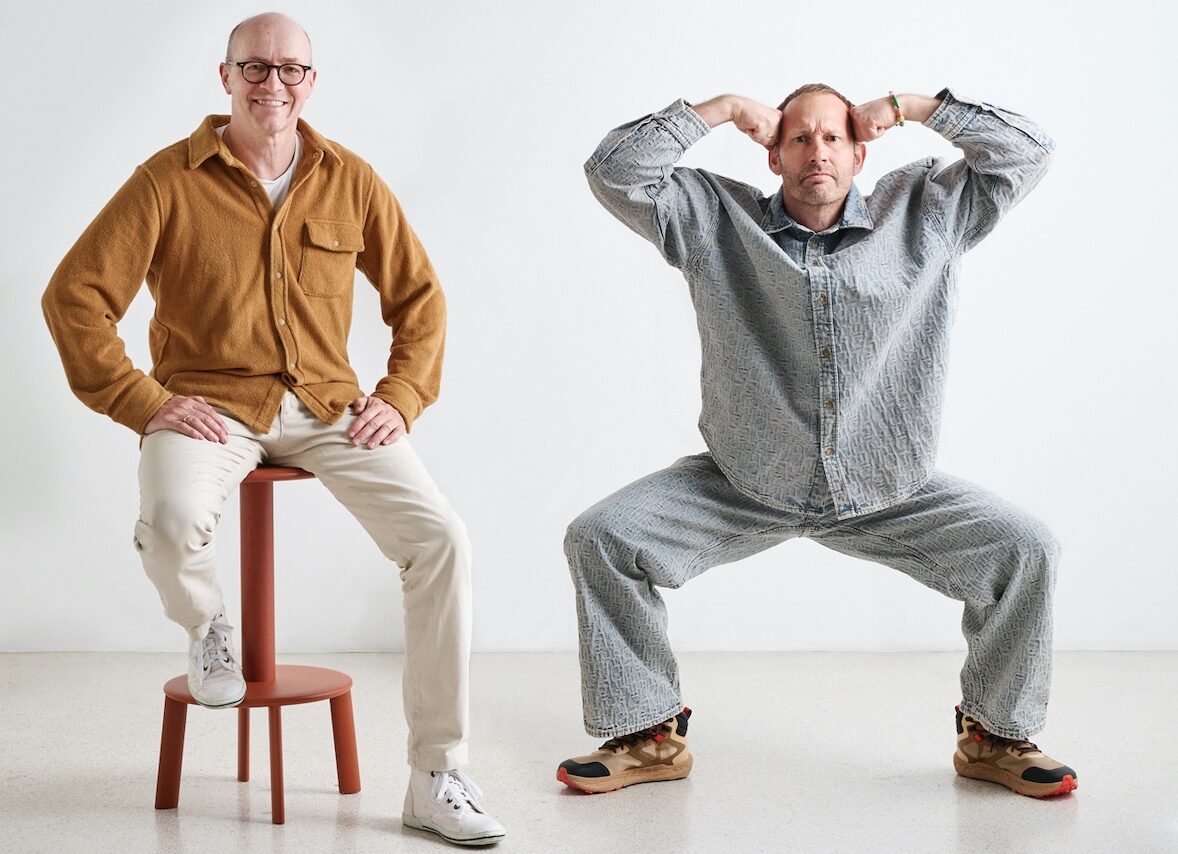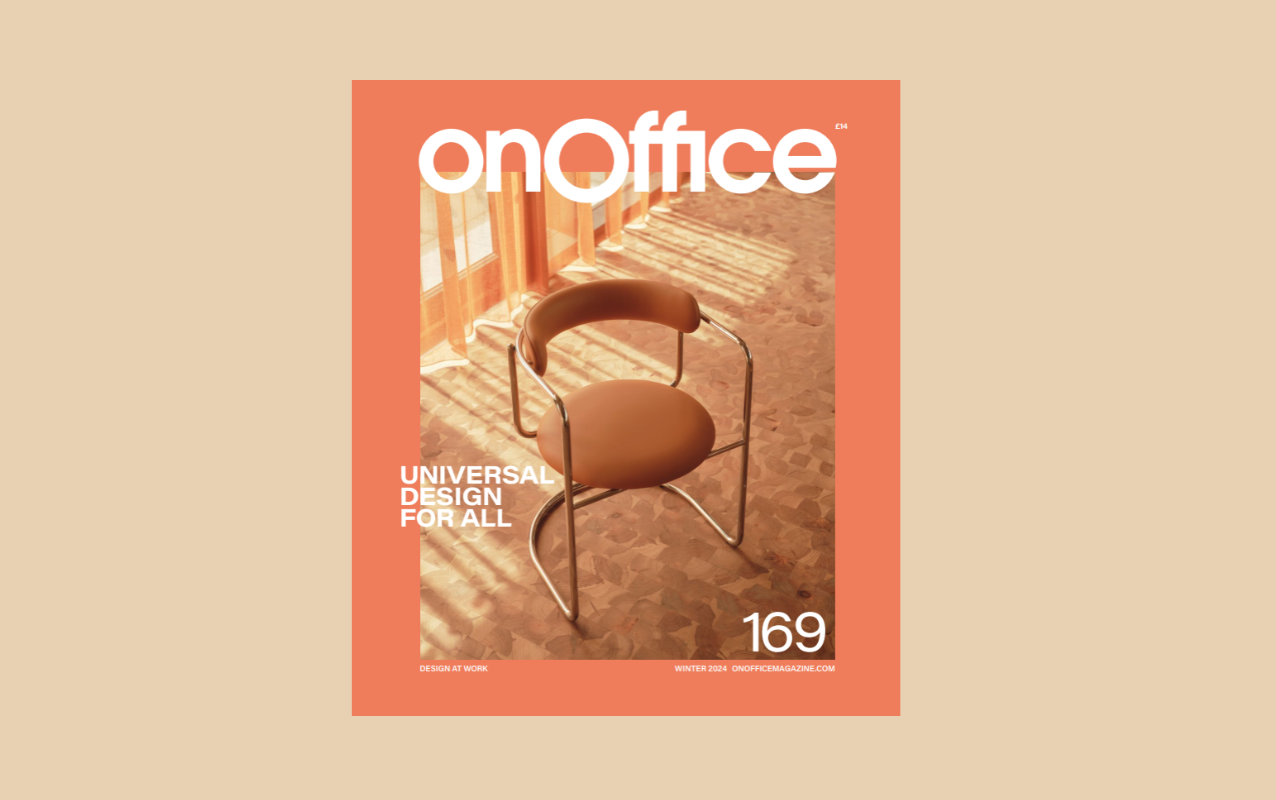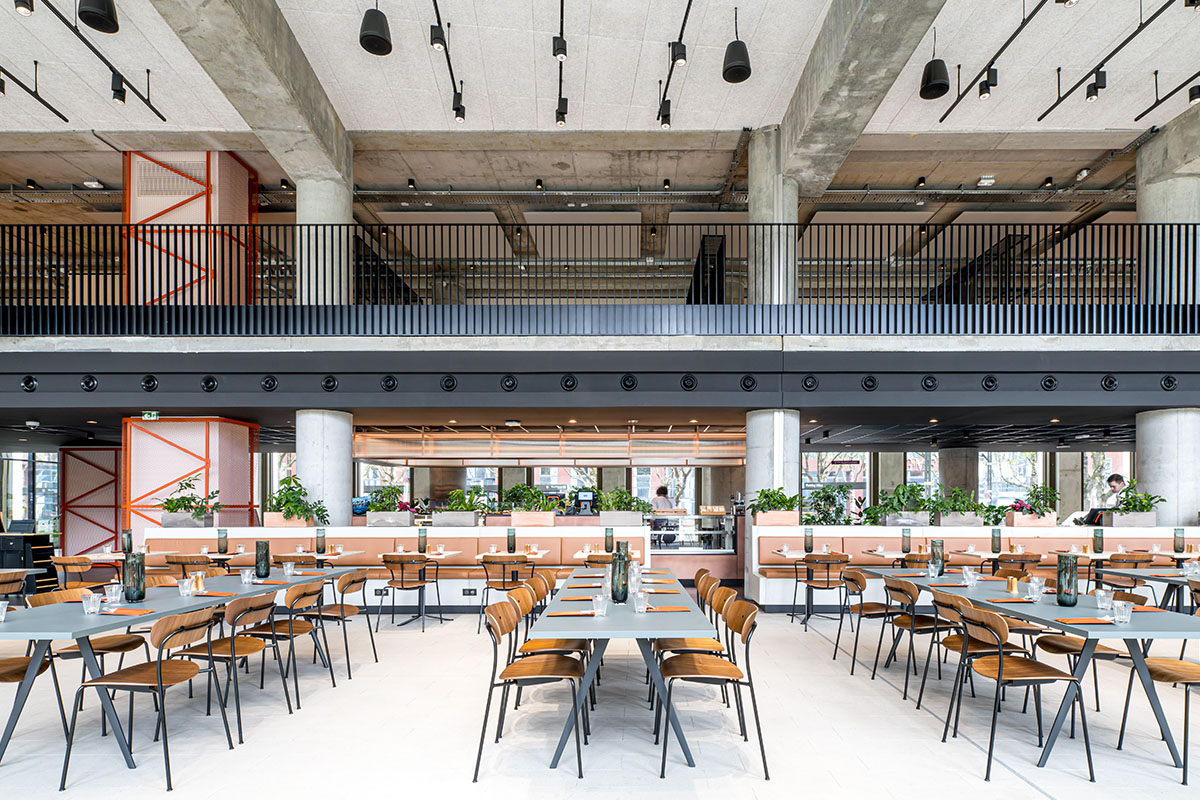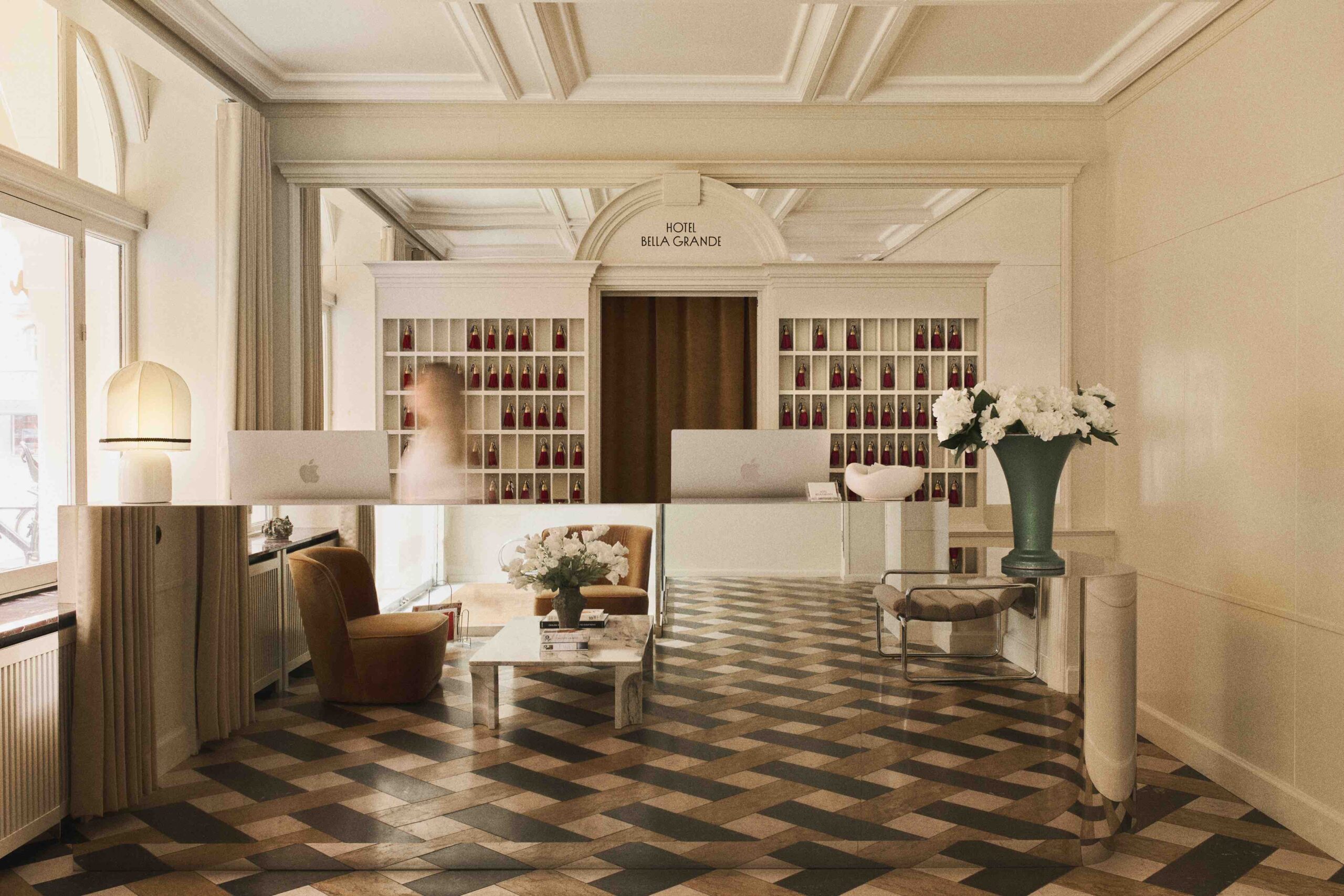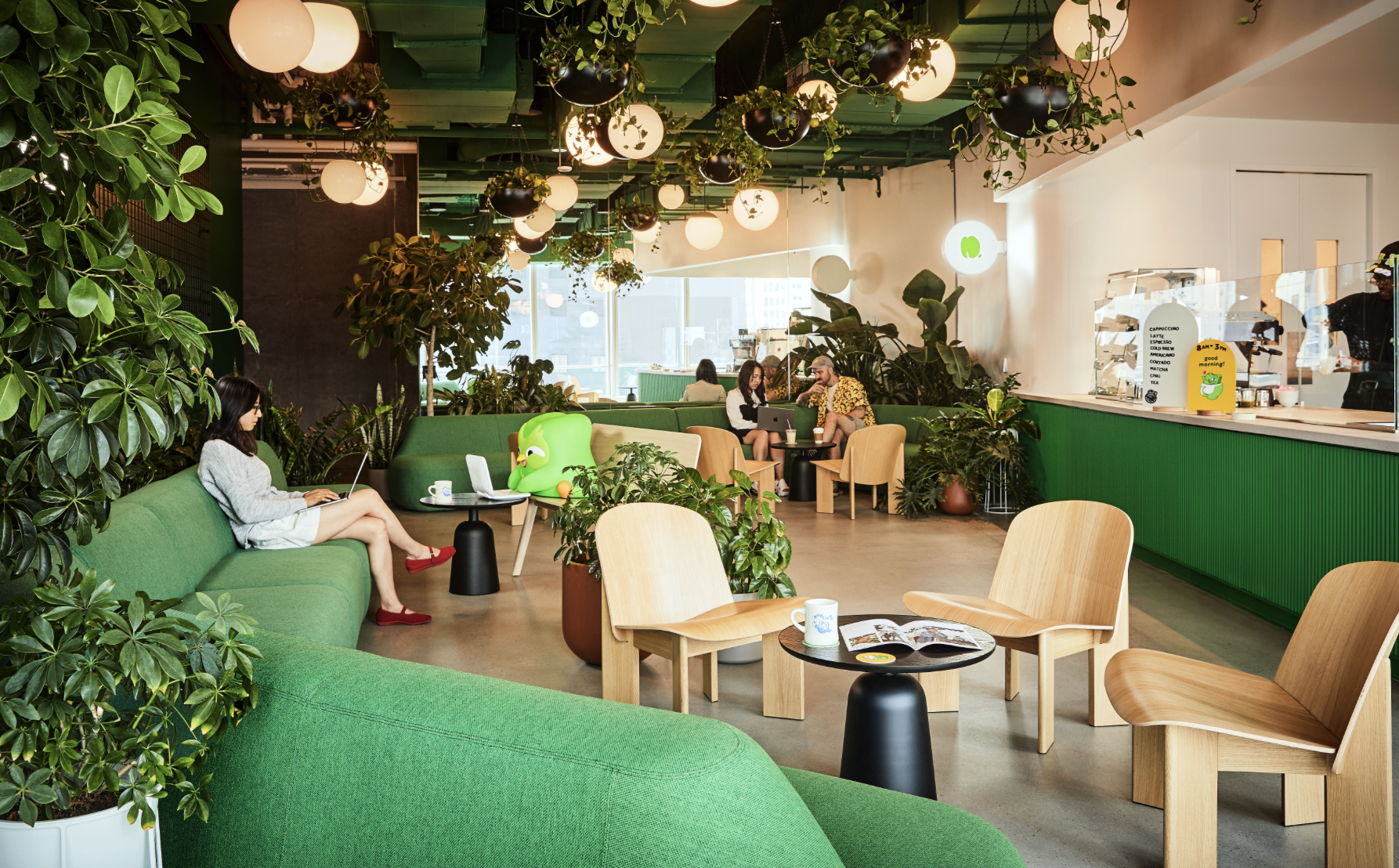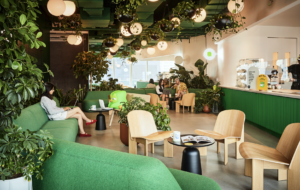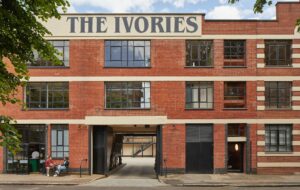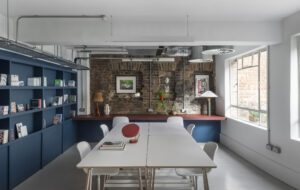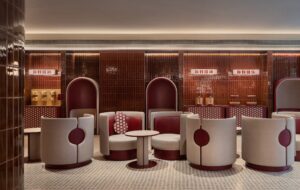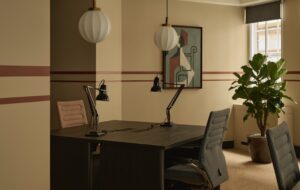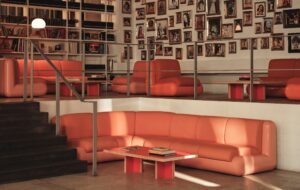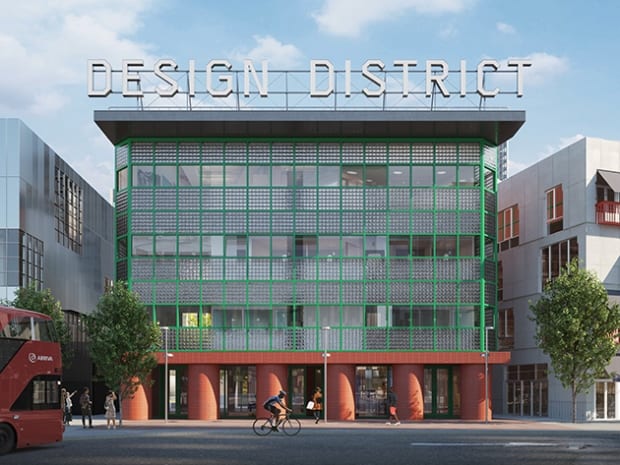
With expectation and demand for physical office space changing in the course of just a few months, many office providers are going to need to find a way to adapt to this new normal.
However, for projects that are currently under development, it’s presented an opportunity to reflect on the future of flexible working. This includes the soon-to-launch creative quarter on London’s Greenwich Peninsula, Design District – a cluster of 16 unique buildings designed by a team of eight leading architects created to offer space for an ‘eco-system’ of creatives.
Recognising that some business may not be able to, or may not want to, return to the status quo of full time office leasing, Design District director Helen Arvanitakis has proposed a new model to run alongside traditional full-time studio and whole building leasing.
“There have been changes to our daily routines: yoga at midday, perfecting the home-brewed coffee, wearing slippers to client meetings… These tiny adjustments on an individual level are just a small part of a larger paradigm shift for UK businesses as a whole,” says Arvanitakis. “As they look to what the future holds for them, a growing number are realising the traditional leasing model current model of office culture and leasing isn’t fit for purpose, and discovering that a new way is possible.”

Following social-distancing guidelines, Design District construction has restarted on the Greenwich Peninsula site, which is now lsated to open in 2021.
The concept sees tenants giving the option to rent office space from between one to three days a week, with the Design District team ensuring the workspace is fully set up before they arrive, including bespoke IT provision. The new model, the On/Off Office, caters to the idea that while the coronavirus pandemic has fast-tracked flexible working trends, physical workplaces will still have a role to play for many of the creative businesses the Design District targets, just on a part-time scale.
It’s a concept that feels more serviced, with the benefit of an ‘active’ landlord on call to respond quickly with assistance and advice, and offers opportunities for multiple businesses to make use of the space and take advantage of the creative community.
In larger developments, this kind of flexible offering may become more common as providers find less demand for rigid full-time leasing, however, the requirements for infrastructure and services to provide the changeover in spaces is something that will require initial investment.


